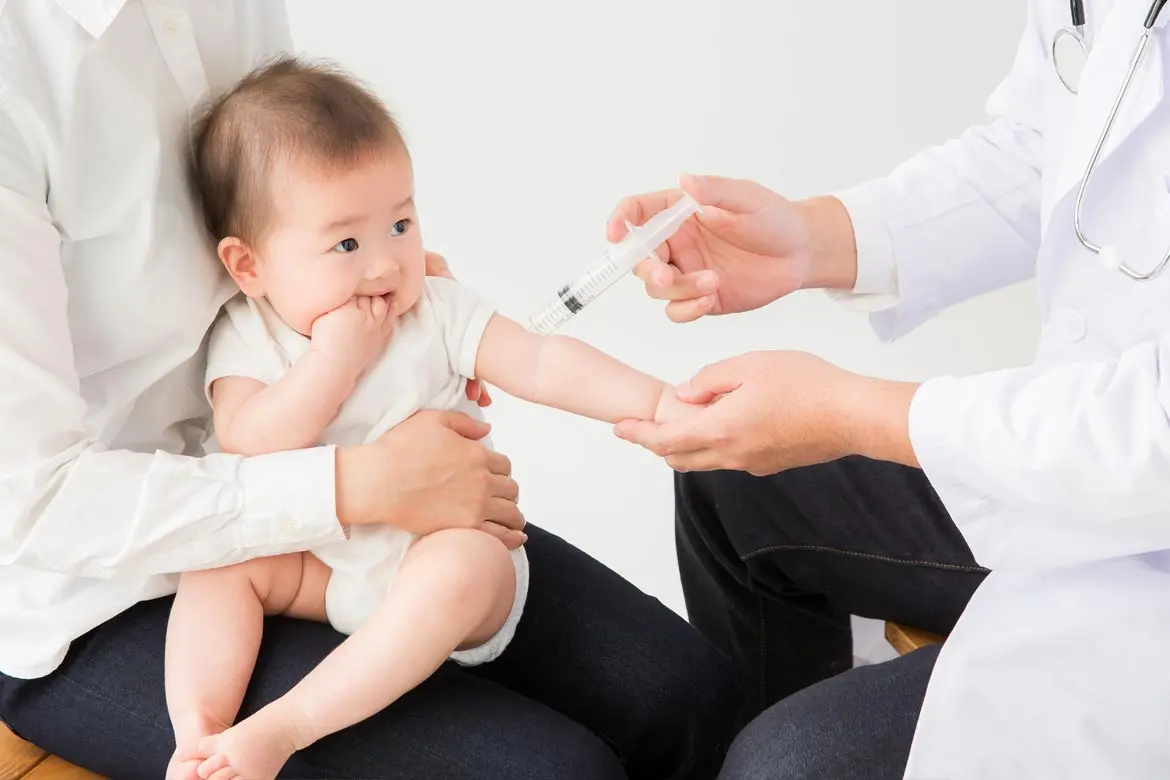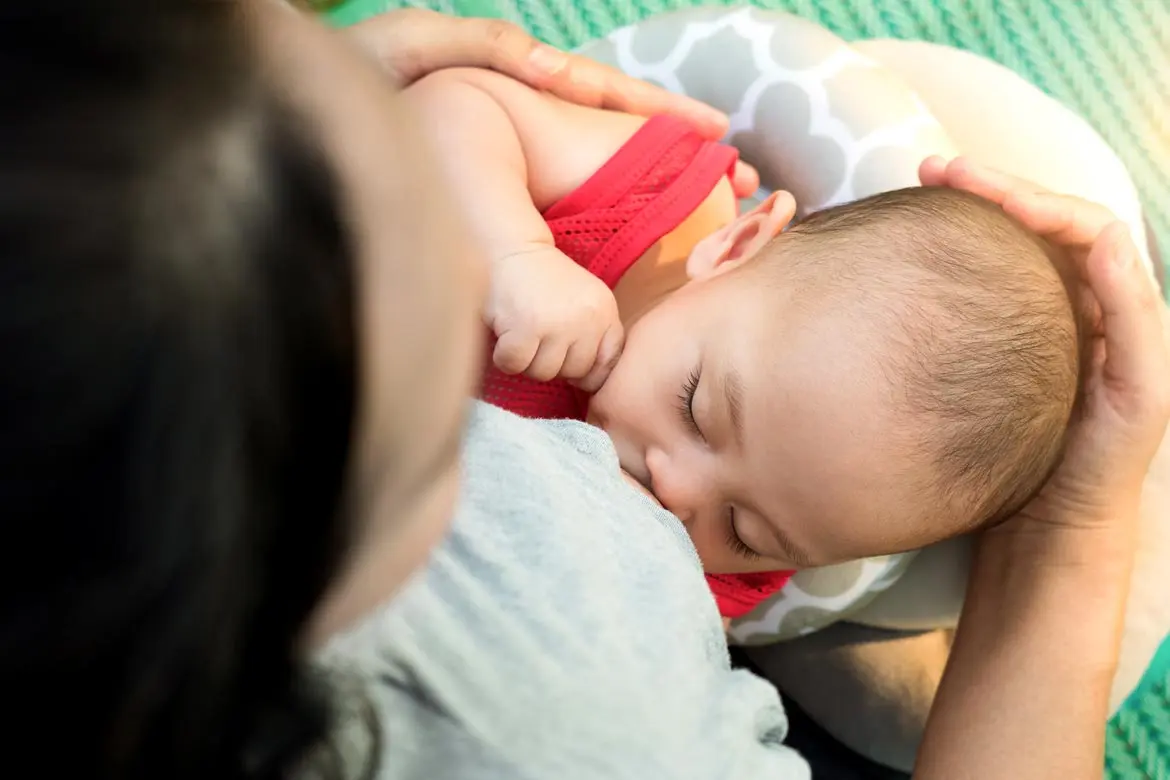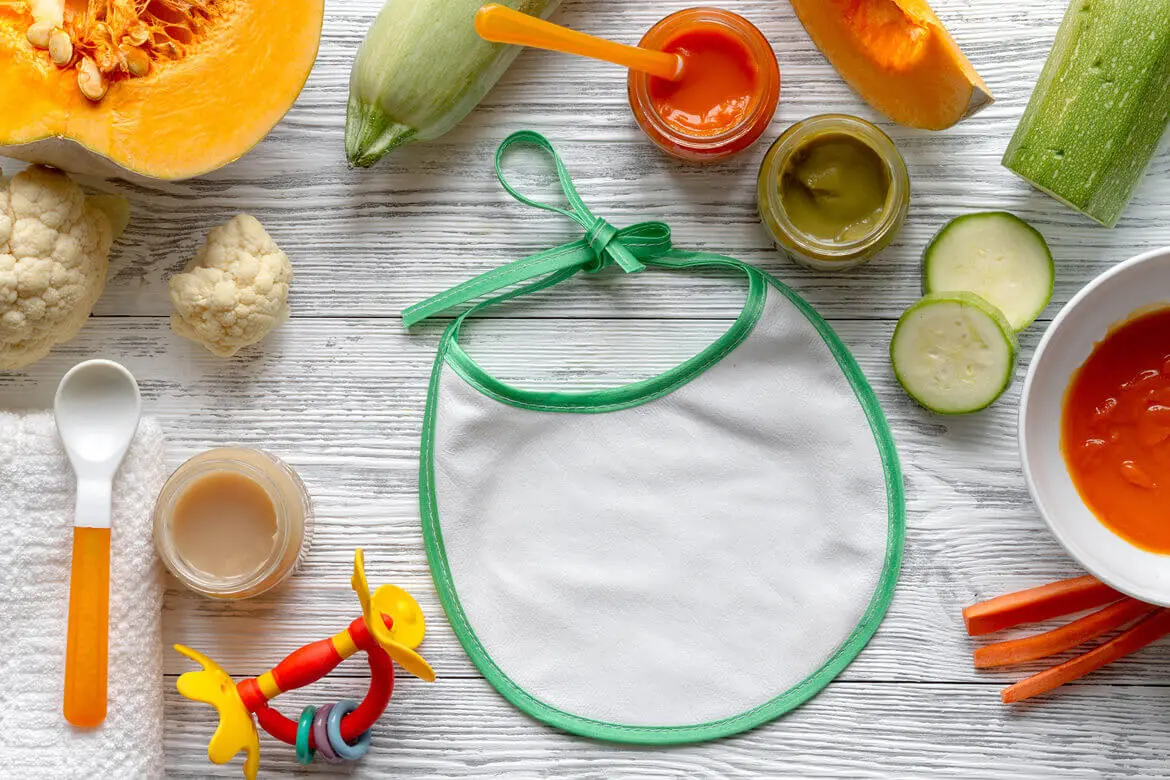-
-
Featured Care Areas


Source: Shutterstock
Shots for Your Tots: All You Need to Know about Baby Vaccinations
Last updated: Monday, December 20, 2021 | 5 min reading time
Vaccinating your baby is necessary to protect your child against severe diseases. Doing this not only protects your little one but other children as well.
Significance of baby vaccination
First things first: vaccines protect your baby against severe diseases which can cause disability or even death. Vaccinations also serve as a protection for others. This is known as herd immunity and it requires 95% of the community to be vaccinated before it may be achieved. The higher the number of people immunised, the more resistant a community is to the infection and spread of an infectious disease.
Compulsory childhood vaccines
By law, only vaccinations for diphtheria (a serious infection caused by strains of bacteria called Corynebacterium diphtheriae that can lead to difficulty breathing, heart failure, paralysis, and even death) and measles are compulsory for children in Singapore. Other vaccinations that aren't compulsory but are strongly encouraged are for hepatitis B, mumps, pertussis (whooping cough), pneumococcal, poliomyelitis (more commonly known as polio), rubella (German measles) and tetanus.
For Singaporean children, the Ministry of Health avails immunisation at polyclinics for free. Examples of these vaccines include what's known as a '5-in-1' dose that protects against diphtheria, tetanus, pertussis, polio, an influenza type B. Parents may also opt for a '6-in-1' vaccine at a cost. This protects against diphtheria, tetanus, pertussis, polio, influenza type B, hepatitis B, PCV13 (pneumococcus), MMR (measles, mumps, rubella), and varicella (chickenpox).
Yearly influenza vaccinations for babies and children aged 6 months to 5 years of age are also covered under the new changes to the National Childhood Immunisation Schedule.
Here's a breakdown of childhood immunisations in Singapore based on age:
| Age | Vaccine | Disease |
|---|---|---|
| Birth | BCG (first dose) Hepatitis B (first dose) |
Tuberculosis Hepatitis B |
| 2 months | 6-in-1 (first dose) | Diphtheria, tetanus, and pertussis Polio Haemophilus influenza type b Hepatitis B |
| 4 months | 5-in-1 | Diphtheria, tetanus, and pertussis Polio Haemophilus influenza type b |
| 4 months | Pneumococcal conjugate (first dose) | Pneumococcal disease |
| 6 months | 6-in-1 (second dose) | Diphtheria, tetanus, and pertussis Polio Haemophilus influenza type b Hepatitis B |
| 6 months | Pneumococcal conjugate (second dose) | Pneumococcal disease |
| 12 months | MMR (first dose) Varicella (first dose) Pneumococcal conjugate (first booster) |
Measles, mumps, rubella Chicken pox Pneumococcal disease |
| 15 months | MMR (second dose) Varicella (second dose) |
Measles, mumps, rubella Chicken pox |
| 18 months | 5-in-1 (first booster) | Diphtheria, tetanus, and pertussis Polio Haemophilus influenza type b |
| 10 – 11 years old (Primary 5) | Tdap- IPV (second booster) | Tetanus toxoid, reduced diphtheria toxoid and acellular pertussis Poliomyelitis |
| 12 – 13 years old (Sec 1) | HPV (first dose) | HPV Subtypes 16 and 17 which can cause cervical cancer |
| 13 – 14 years old (Sec 2) | HPV (second dose) | HPV Subtypes 16 and 17 which can cause cervical cancer |
Correct as of 1 November 2020
The great news is that the national school-based HPV (Human papillomavirus) vaccination programme is free. It offers 2 doses of the HPV vaccine to all female students in local schools so do check if the vaccination is provided in your child's school.
Some vaccinations give lifelong immunity upon completion of all its doses. Other vaccinations may require booster doses later in life in order to maintain a child's immunity to certain diseases. It's important to stick to your child's immunisation schedule to ensure that they're properly protected against infectious diseases.
Some may ask whether vaccinations can be delayed and although it is best to make sure your child's vaccinations are on track. There are a few instances where the delays may be allowed. Premature babies weighing less than 2kg may need to have their immunisation delayed. Most babies are fit for immunisations but if a baby is running a fever, or has known allergic reactions to previous immunisations, a paediatrician should be consulted for advice on immunisations. Live vaccines such as MMR and oral polio will need to be avoided if a baby's immune system is still weak following recovery from an illness. Or if a child is undergoing medical treatment that involves the use of medication that compromises the immune system (immunosuppressants).
Vaccine side-effects to watch for
There are many myths and misconceptions about vaccines but remember that the risk of serious side effects from a vaccine is much lower than if your child falls ill with one of the diseases mentioned.
Diphtheria, tetanus, pertussis, polio and influenza shots may cause some redness and swelling at the site where the child received the injection. These usually goes away in a few days and a fever may also develop in a span of 1 – 2 days following the injection.
The MMR vaccine may cause a brief reaction such as mild cough, runny nose, skin rash, fever or swollen salivary glands. Do note that the MMR vaccine protects children against potentially deadly diseases and extensive scientific studies examining the relationship between the MMR vaccine and autism have been inconclusive.
Pneumococcal vaccines may cause the usual redness and slight swelling at the injection site, fever and fatigue.
BCG vaccinations may cause a small boil to develop 2 – 3 weeks after the injection which will resolve in about 6 – 8 weeks. In the event that the boil bursts, cover it with a piece of gauze to prevent any infection.
Types of vaccines
Combination vaccines. The commonly mentioned '5-in-1' and '6-in-1' vaccines are known as combination vaccines, and they all protect against diphtheria, tetanus and pertussis. They combine a few different vaccines in a single shot so your baby can be protected without the stress of multiple injections.
Elective or optional vaccines. Elective or optional vaccines include rotavirus, hepatitis A and meningococcal. Rotavirus vaccines are given orally and prevent diarrhoea and vomiting caused by the rotavirus, which causes diarrhoeal diseases. As there is no specific medication to treat a rotavirus infection, treatment usually involves increasing fluid intake and oral rehydration salts to prevent dehydration.
Meningococcal vaccine. The meningococcal vaccine prevents children against meningococcal meningitis, a bacterial brain infection which spreads via saliva or other oral secretions and is recommended for children who may be travelling to high risk countries overseas. To make the best decision on whether your child requires these vaccines, discuss with your child's doctor.
Vaccinating your baby is the best way to keep them safe against infectious diseases. Although it is required by law to have your baby vaccinated against diphtheria and measles, there are other vaccines that your child should have to lead a healthy life. If you have any doubts, always speak to a paediatrician who will be able to advise you on your vaccine-related queries.
(November 2020) Vaccination for your baby. Retrieved on 14 December 2020 from https://www.healthhub.sg/live-healthy/1050/pregnancy-vaccination-for-your-baby
(August 2016) All About Immunisation. Retrieved on 14 December 2020 from https://www.nir.hpb.gov.sg/nirp/eservices/allAboutImmunisation
(November 2020) National Childhood Immunisation Schedule. Retrieved on 21 December 2020 from https://www.nir.hpb.gov.sg/nirp/eservices/immunisationSchedule
(August 2016) All About Immunisation. Retrieved on 14 December 2020 from https://www.nir.hpb.gov.sg/nirp/eservices/allAboutImmunisation
(November 2020) National Childhood Immunisation Schedule. Retrieved on 21 December 2020 from https://www.nir.hpb.gov.sg/nirp/eservices/immunisationSchedule










